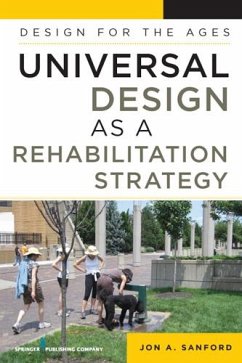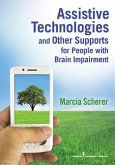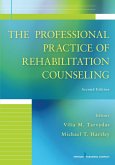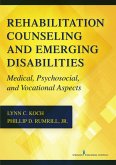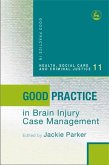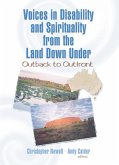A unique resource for rehabilitation engineers, design and building professionals, rehabilitation counselors, gerontologists, psychologists, and other health and mental health professionals, this volume covers the significance and impact of universal design as a change agent for social and health movements. With a focus that is both practical and visionary, it emphasizes how the use of universal design can promote increased performance and participation for the aging population and people with disabilities, while mitigating the stigma and segregation that often characterize traditional rehabilitation design strategies.
Written by one of the few architecturally trained researchers engaged in environmental issues related to accessibility and design for aging, the book stresses that universal design is not solely for people with disabilities, but is about usability and inclusion for people of all levels of ability. It examines key social ecological models in rehabilitation for aging and disability, and sheds new light on health and disability at both the individual and population level. Particular attention is paid to the medical, functional, and environmental implications of disability, health care and disability systems, and the psychosocial and cultural issues pertinent to rehabilitation counseling.
Key Features:
Written by one of the few architecturally trained researchers engaged in environmental issues related to accessibility and design for aging, the book stresses that universal design is not solely for people with disabilities, but is about usability and inclusion for people of all levels of ability. It examines key social ecological models in rehabilitation for aging and disability, and sheds new light on health and disability at both the individual and population level. Particular attention is paid to the medical, functional, and environmental implications of disability, health care and disability systems, and the psychosocial and cultural issues pertinent to rehabilitation counseling.
Key Features:
- Examines the medical, functional, and environmental implications of disability
- Addresses health care and disability systems
- Discusses psychosocial and cultural issues pertinent to rehabilitation counseling
- Rooted in the concepts of social equity and inclusivity through participation of older adults and disabled individuals in community and societal roles
- Provides a visionary yet practical paradigm that transcends traditional design problem-solving
Dieser Download kann aus rechtlichen Gründen nur mit Rechnungsadresse in A, D ausgeliefert werden.

